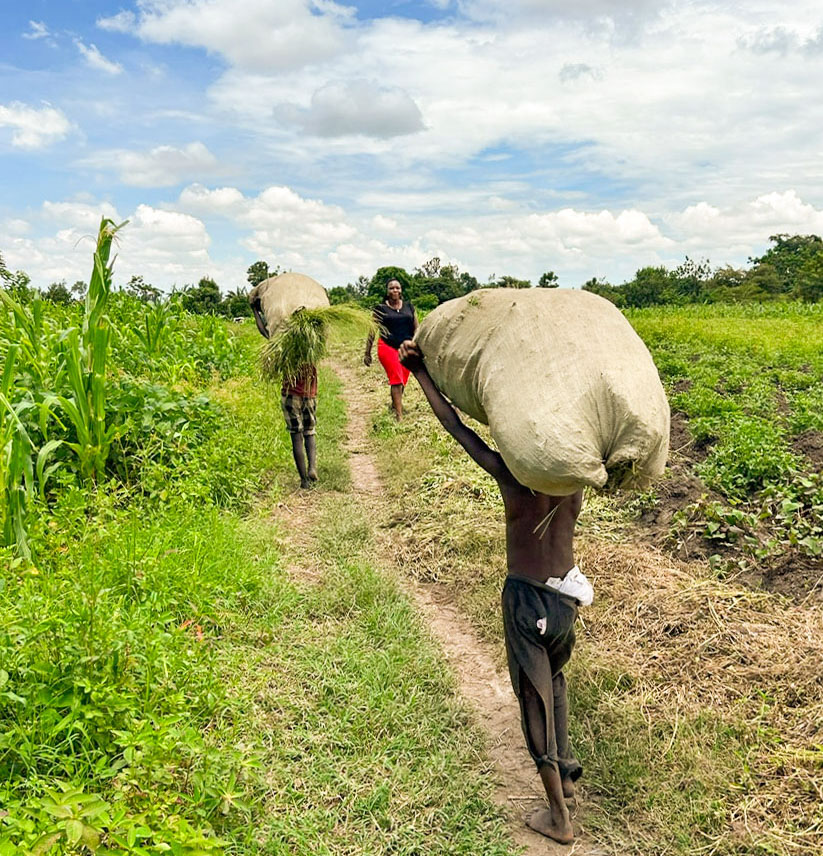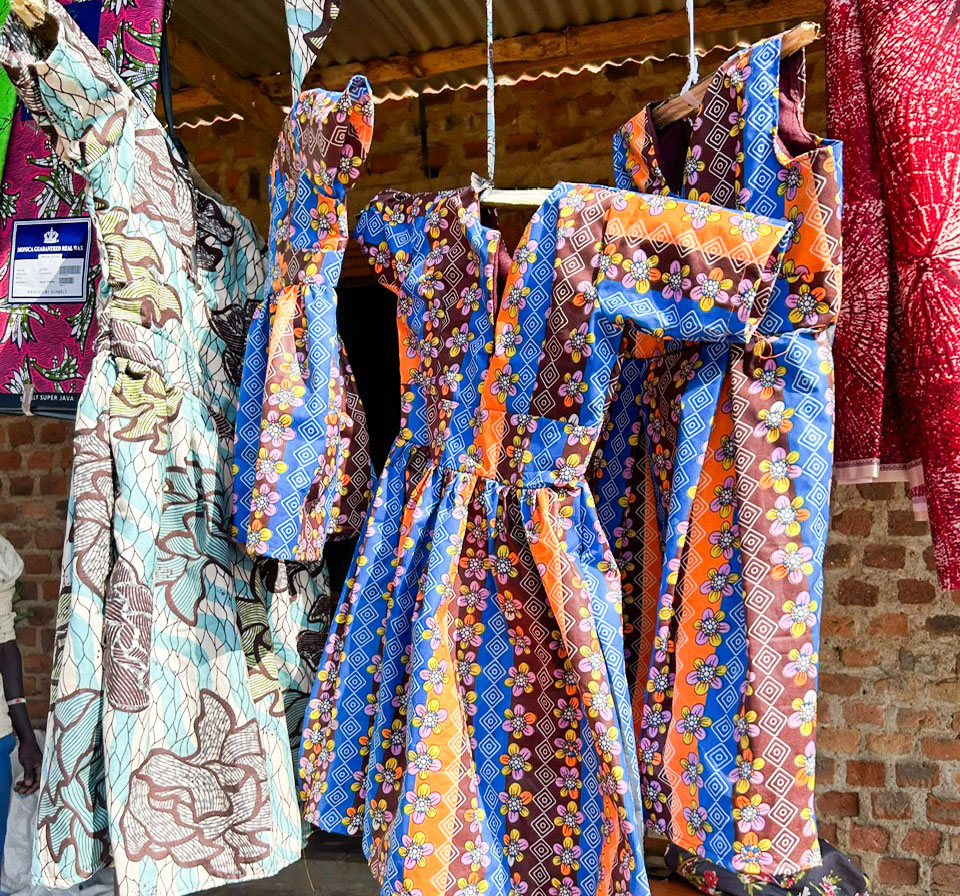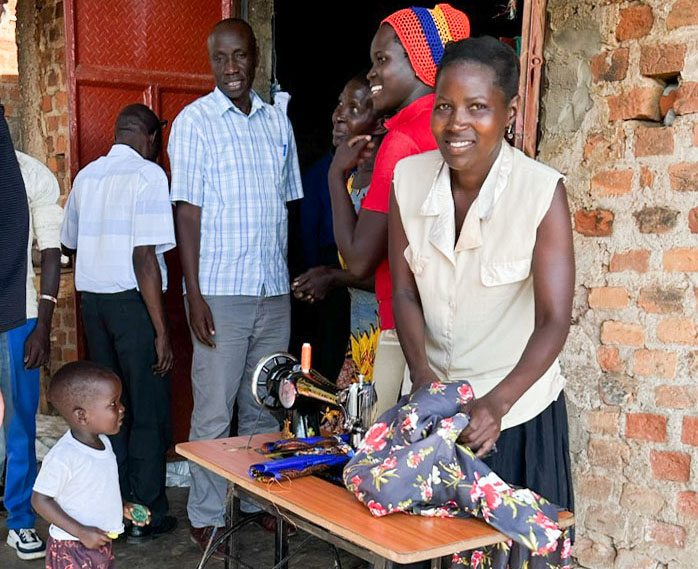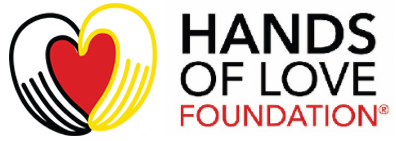Truly I tell you, whatever you did for one of the least of these brothers and sisters of mine, you did for me. Matthew 25:40

In any culture, well-meaning and good-hearted generosity can sometimes produce unintended negative consequences including dependency. Sensitivity to culture and history and awareness of the holistic impacts of short and long-term intervention in a home or community is essential for the health and sustainability of a charitable mission.
While no organization or strategy can eliminate all negative outcomes, it is important to aim for strategies that empower greater independence, that offer a path to greater ownership, and that promote greater sustainability.
Short-term strategic investment in expanding an established enterprise is one way to provide meaningful aid while also promoting independence. Families that already operate a retail shop, provide a skill or service, or produce marketable goods from a farm or business may find themselves still unable to meet their own basic needs. These working poor often lack the capital to increase the scale of the operation to a point of profit and sustainability. A small infusion of capital as a strategic investment can significantly increase the scale of the enterprise.


When we empower families we begin by identifying those willing to take responsibility for themselves and their children. The purchase of a sewing machine for a dressmaker who works by hand, the seed money for planting an acre of rice rather than a quarter acre of rice, or the space to dry 10 units of silverfish per day instead of one can mean the difference between a successful independent family and a dependent one.
When we identify a family that could benefit from a short-term investment, our team can help provide a path toward greater independence. Whether it is working on a business plan, acquiring a necessary piece of equipment, or increasing the scale of an existing operation, we invest in the dignity of a stronger family and share in the hope of a day when they have plenty for themselves and can re-invest in others in their community.
